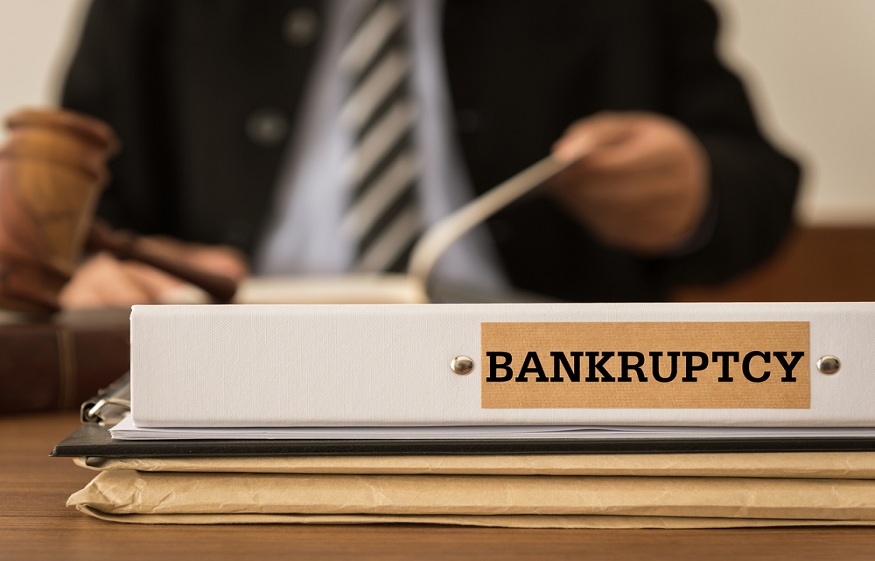
You own a service and the financial debts connected with it are beginning to weigh you down. You are taking into consideration bankruptcy however are not sure if it will assist. Relying on the sort of service you have as well as the sort of bankruptcy you file will certainly determine what occurs with your financial obligation.
Typically, a Chapter 7 will only release your business financial debt if the business is a sole proprietorship. A single proprietorship must still pass the means examination to qualify for a Chapter 7 bankruptcy. A sole proprietorship is a company that serves as an extension of the person. If business is a single proprietorship, a Chapter 7 bankruptcy will certainly discharge any type of unprotected financial debts of the business. Regarding safeguarded service financial debt in a Chapter 7, you can give up the security securing the financing and also any type of debt still owed on the financing can be discharged in bankruptcy. With a Chapter 7, your service will no longer exist after the bankruptcy.
Typically, a Chapter 13 will certainly restructure your organization’s financial debt if the business is a sole proprietorship. In a Chapter 13, you will file a repayment plan with the court outlining how you plan to repay your debt. Your repayment strategy can attend to both any kind of protected and unsafe financial debts you have. The quantity you will be called for to pay depends on just how much you make, how much you have, as well as just how much equity you have in any type of building you own. If you have much more equity than home you have, you will be required to repay all of your financial debt through the payment strategy. Repayments strategies are for a period of three to five years depending on how much you gain. Our Birmingham bankruptcy lawyer can advise you on which bankruptcy is more appropriate for you and also your family.
Usually, a Chapter 11 is a business reconstruction utilized primarily for collaborations as well as companies. In a Chapter 11, the firm submits a thorough plan of reconstruction and continues running as a business under a court-appointed trustee. In the strategy, the firm can end agreements and leases, recuperate possessions, and pay back a section of its debts while releasing others to return to success. If the court and also its lenders discover the plan to be reasonable and also equitable, the strategy will certainly be accepted.







